
Hello,
I’M MIRJAN
M.Sc. in Remote Sensing and GIS
& IBM Data Science Professional Certificate
About Me

Mirjan Ali Sha [Personal Information]
GIS Engineer & Data Scientist
Hi! My name is Mirjan Ali Sha. I have completed my M.Sc. in Remote Sensing & GIS and I have 4+ years of working experience as GIS Engineer specializing in ML-GIS, Satellite Data Analysis, and Geospatial AI. Currently working with cutting-edge technologies including PySpark, Kubernetes, Google Earth Engine, and GenAI tools. I'm passionate about developing innovative GIS solutions and contributing to open-source geospatial community.
Degree : Master of Science (M.Sc.)
City : Bengaluru
Age :
Email : mirjan.personal@gmail.com
Phone : +91 xxxxxxxxxx
Experience : 4+ Years
Freelance : N/A
Skills & Education
Technical Skills
ArcGIS & ArcGIS Pro
QGIS & Plugin Development
Python & PySpark
Google Earth Engine & JavaScript
AWS S3, Athena, ECR & Kubernetes
PostgreSQL (PostGIS) & GeoServer
TensorFlow & Machine Learning
GenAI Tools (Transformers, Ollama, OpenWebUI)
Education & Certifications
2018-2020
M.Sc. in Remote Sensing and GIS
Vidyasagar University - CGPA: 8.44. Specialized in Remote Sensing Data Analysis, GIS Works, WebGIS, Geospatial Analysis, and R Programming.
2019-2020
IBM Data Science Professional Certificate
IBM Skills Network (Coursera) - Completed 9 comprehensive courses covering Python, Machine Learning, Data Visualization, and Statistical Analysis.
2022-2023
Business Analytics Certification
IIIT Bangalore (UpGrad) - 6 months intensive program covering Business Analytics, Data Mining, and Advanced Statistical Methods.
2020-2021
Geographic Information System Specialization
UC Davis University (Coursera) - 5 courses covering GIS concepts, Spatial Analysis, and Cartographic Design.
Working Experience
May 2022 - Present
GIS Engineer (ML-GIS Department)
Nurture (AFS) Agtech Pvt. Ltd, Bangalore
• Developing advanced geospatial solutions for Burn Detection,
Tillage Detection, and Bailing Detection using satellite imagery
• Building end-to-end ML pipelines from raw MSI/SAR tile data to database insights using
PySpark and cloud technologies
• Working with Big Data infrastructure: AWS S3, Athena Query, ECR, Jenkins, Kubernetes,
Spinnaker, and Azure Databricks
• Implementing Carbon Credit sustainability projects using Python, Google Earth Engine,
and
QGIS
Tools: PySpark, AWS Suite, Kubernetes, Google Earth Engine, QGIS,
Jenkins, GitLab, Docker
Sep 2021 - Mar 2022
GIS Engineer
SkyMap Global Pvt. Ltd, Kolkata
• Led Administrative Mapping Project involving village-level
administrative layout creation
• Developed three-tier administrative boundary systems and managed large-scale database
updates
• Implemented quality control processes for spatial data validation and accuracy
assessment
Tools: ArcGIS, Spatial Database Management
Mar 2021 - Sep 2021
GIS / CAD Engineer
Aabsys IT Pvt. Ltd, Bhubaneswar
• Executed Navigation Mapping Project for city-level road and
administrative boundary extraction
• Developed automated validation systems using surveyed geotagged photos
• Created custom ArcGIS Python tools and ModelBuilder workflows to optimize team
productivity
Tools: ArcGIS, AutoCAD Map 3D, Python Toolbox, ArcGIS ModelBuilder, Zoho
Project Management
Jan 2020 - Aug 2020
Research Scholar (Dissertation)
Vidyasagar University, Medinipur
• Conducted research on "Crop Identification and Yield Estimation
Using Sentinel-1 & 2 on Google Earth Engine"
• Supervised by Dr. Dipanwita Dutta, Assistant Professor
• Developed machine learning models for agricultural monitoring using multi-spectral
satellite data
Tools: Google Earth Engine, JavaScript, Statistical Analysis
Services
Geospatial Analysis
Advanced spatial data analysis using satellite imagery, drone data, and GPS datasets. Specializing in agricultural monitoring, environmental analysis, and urban planning with WebGIS solutions using GeoServer, PostgreSQL (PostGIS), and cloud platforms.
Small Tools or Plugin Development
Developing custom tools and plugins for ArcGIS, QGIS, and Google Earth Engine. Creating automated workflows using Python, JavaScript, and R for enhanced productivity in geospatial analysis and data processing.
Python Package Development
Creating and maintaining Python packages for geospatial data access, analysis, and automation. Published packages include open-geodata-api, astrokundali, and ai-research-planner available on PyPI with comprehensive documentation.
Satellite Data Downloading Pipeline Development
Building automated pipelines for satellite data acquisition, processing, and analysis using cloud infrastructure. Experience with Sentinel, Landsat, and commercial satellite data through Google Earth Engine, AWS, and Azure platforms.
GenAI Development
Developing AI-powered solutions using modern frameworks including Transformers, Hugging Face, Ollama, OpenWebUI, and MCP (Model Context Protocol). Specializing in geospatial AI applications and intelligent data analysis workflows.
Data Science & AI Modeling
Developing and training machine learning models for geospatial applications, agricultural monitoring, and environmental analysis. Using TensorFlow, PySpark, and cloud-based ML platforms for scalable AI solutions.
Other Projects
Open Source Contributions & Professional Projects
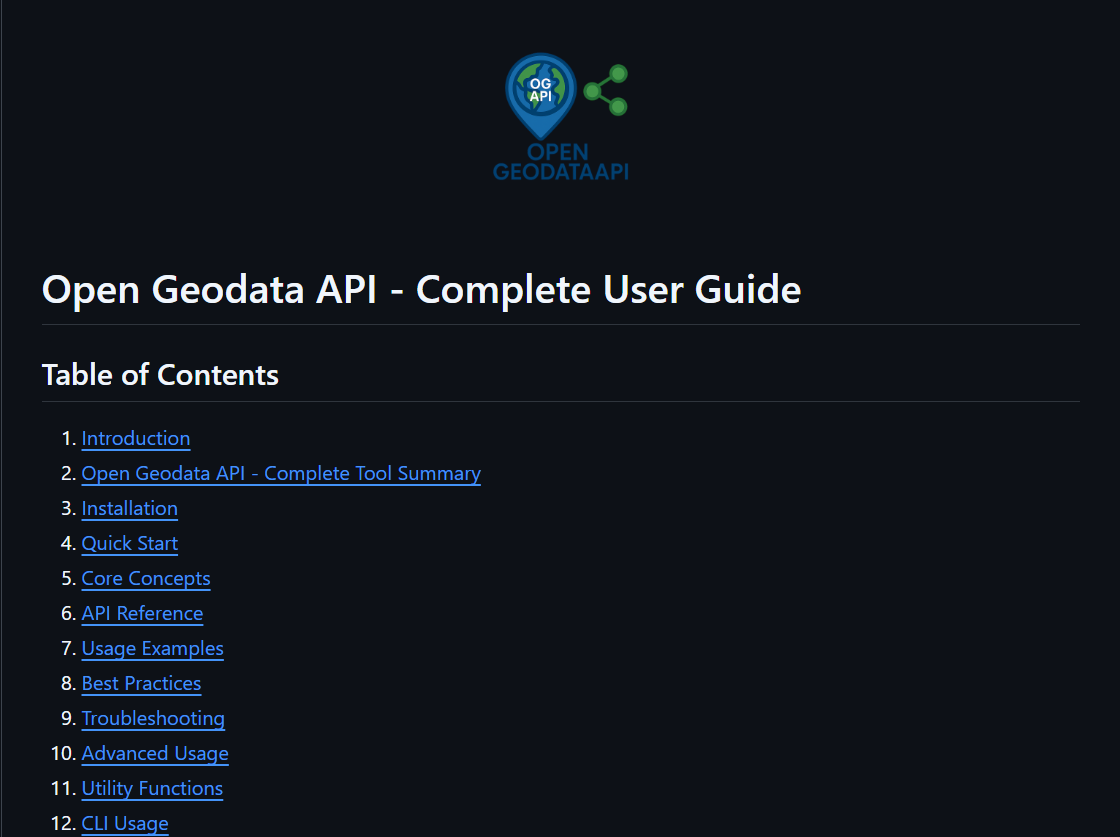
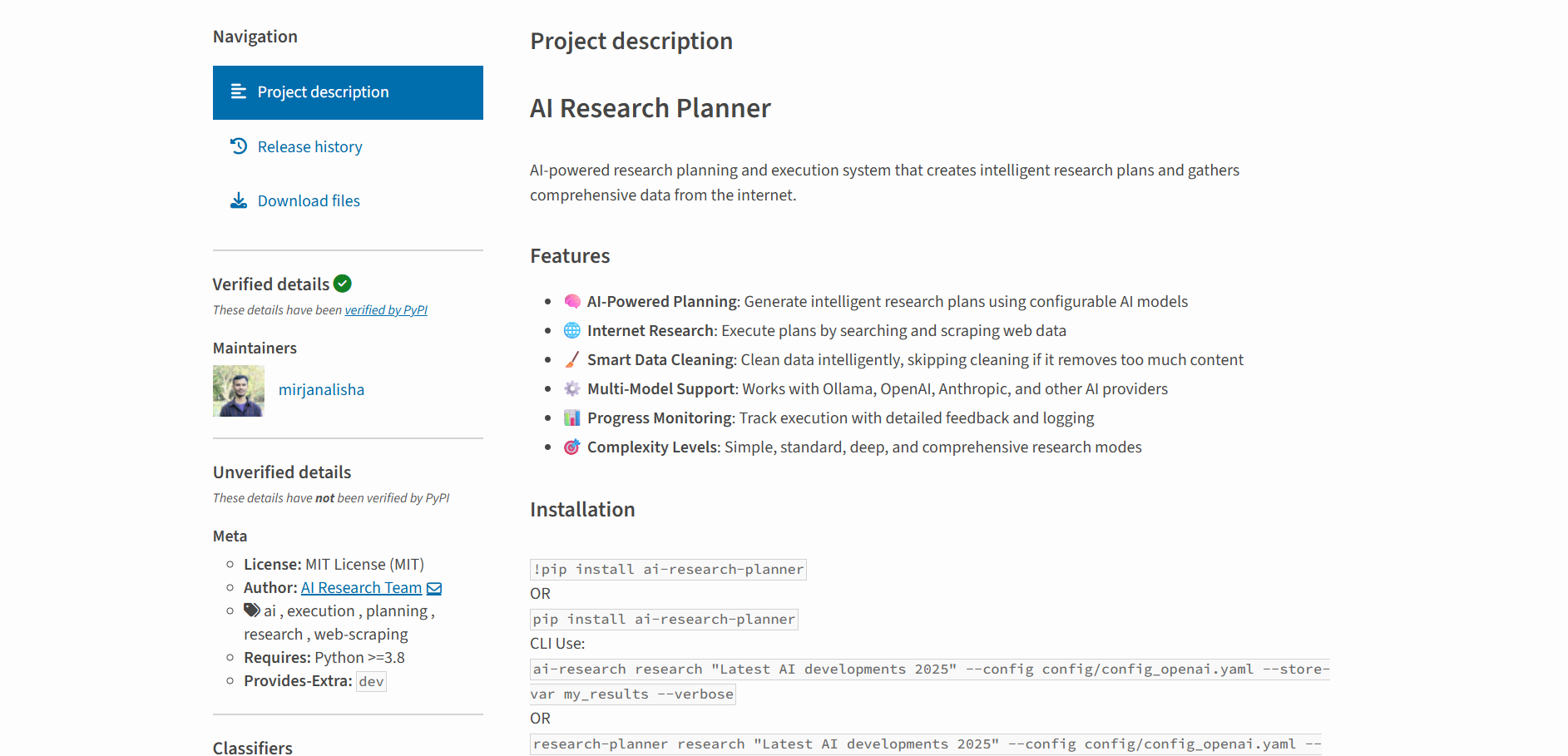
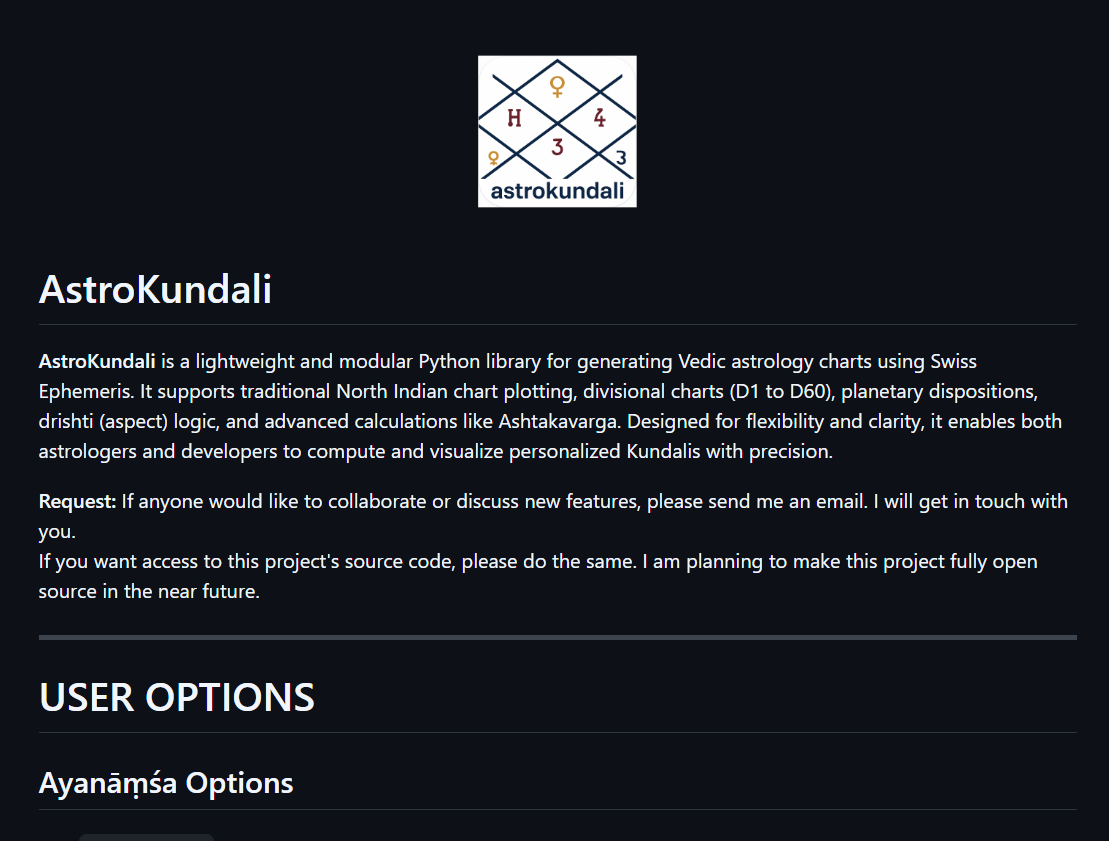
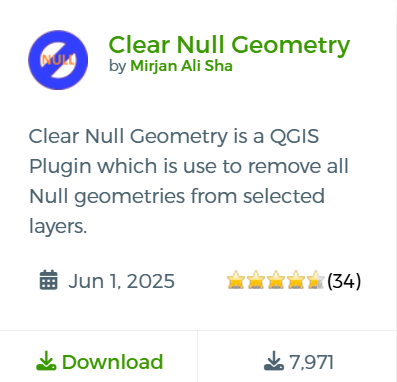
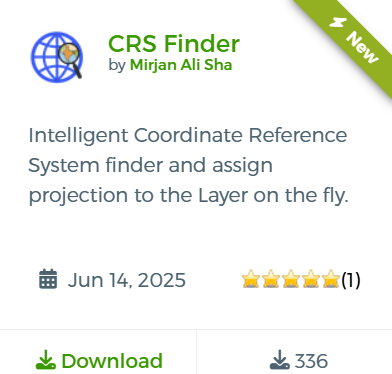
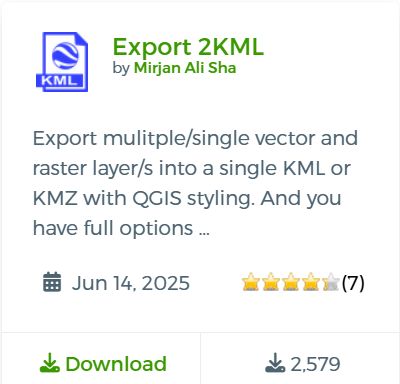
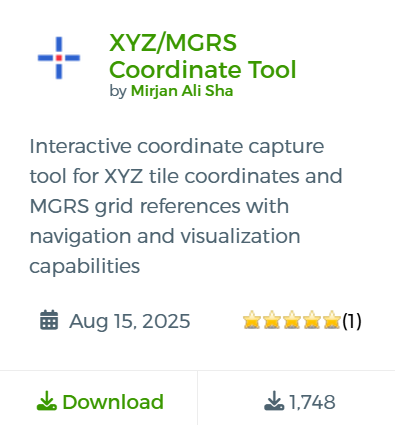
XYZ/MGRS Coordinate Tool
Interactive coordinate capture tool for XYZ tile coordinates and MGRS grid references with navigation and visualization capabilities
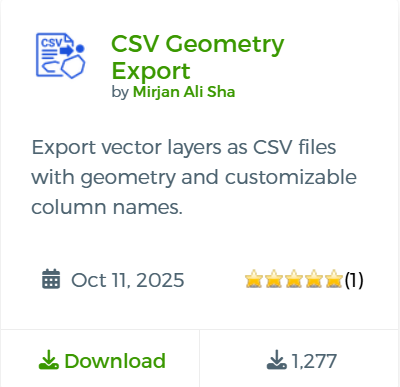
CSV Geometry Export
Export vector layers as CSV files with geometry and customizable column names.
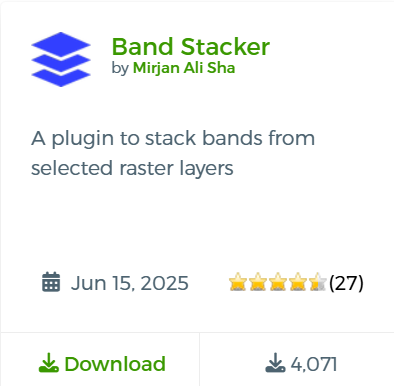
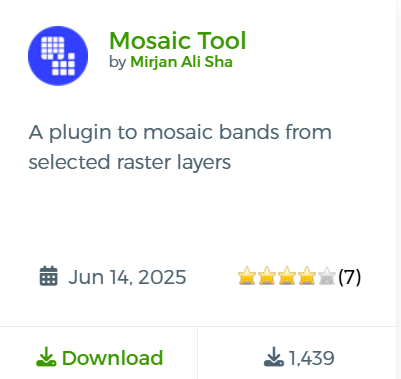
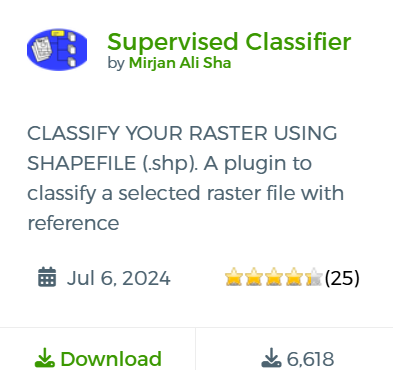
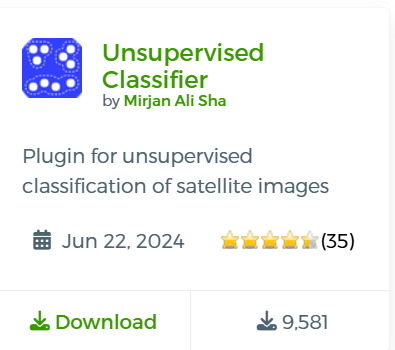
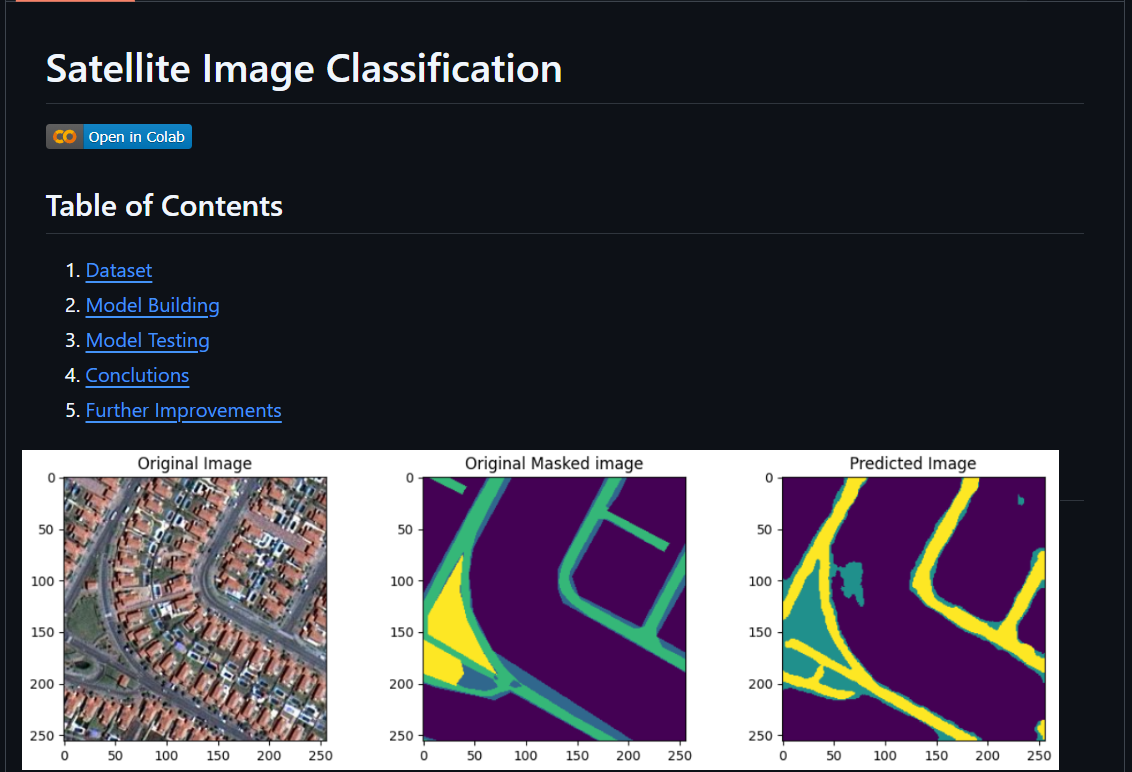
Semantic Segmentation of Aerial Imagery
Semantic Segmentation Aerial Imagery Dubai. Aerial Image Classification (U-Net)




Latest Blog
Featured Articles
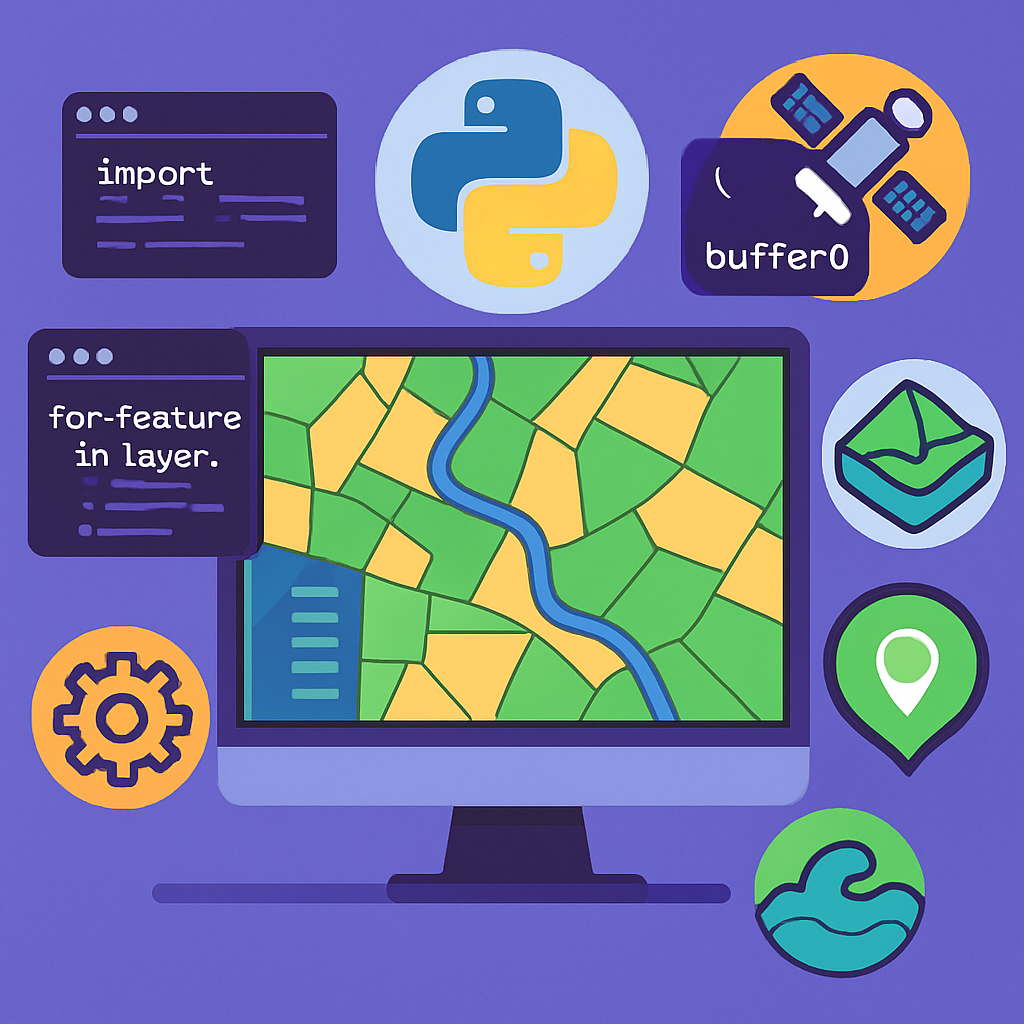
GIS Python Automation: From Manual to Automated Workflows
Explore how Python automation transforms traditional GIS workflows, reducing processing time and increasing accuracy in geospatial analysis.
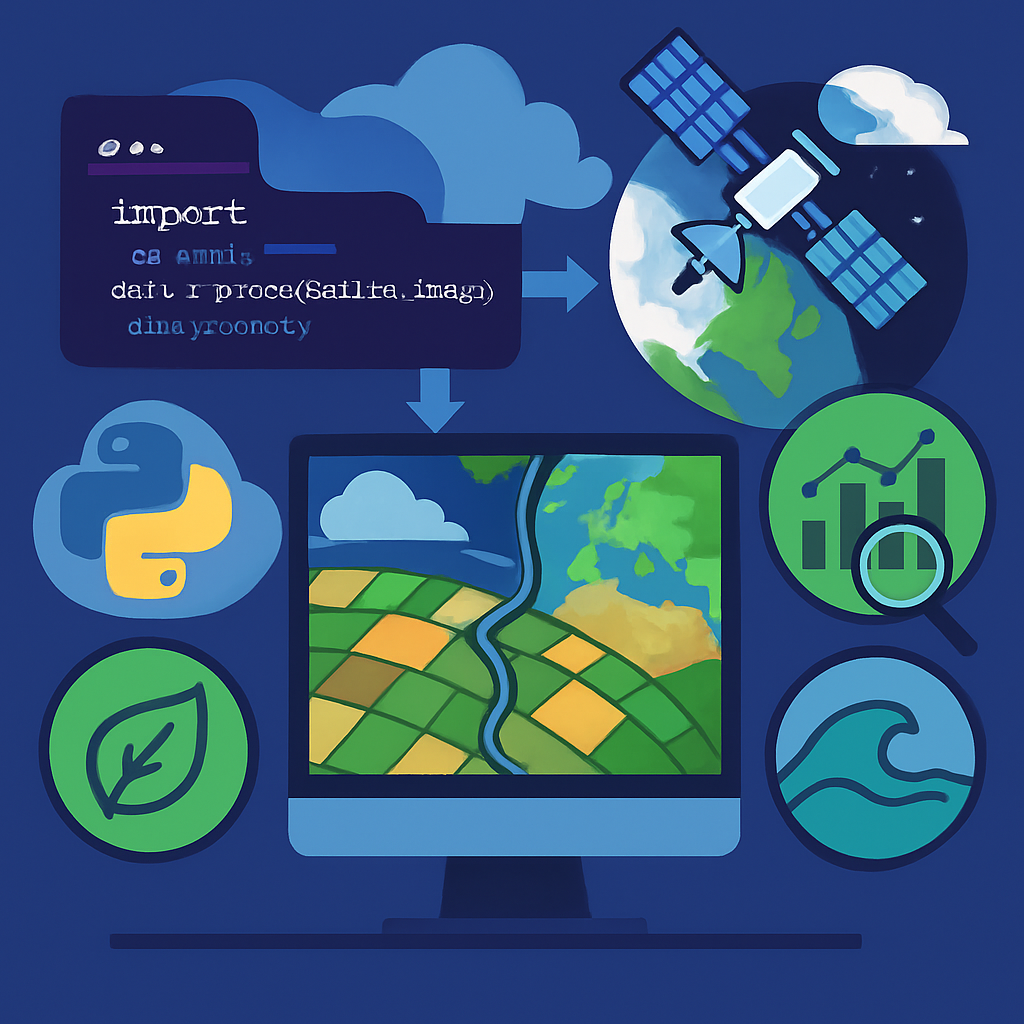
Advanced Satellite Data Processing with Cloud Computing
Learn how to leverage cloud platforms for processing large-scale satellite imagery efficiently using modern tools and techniques.
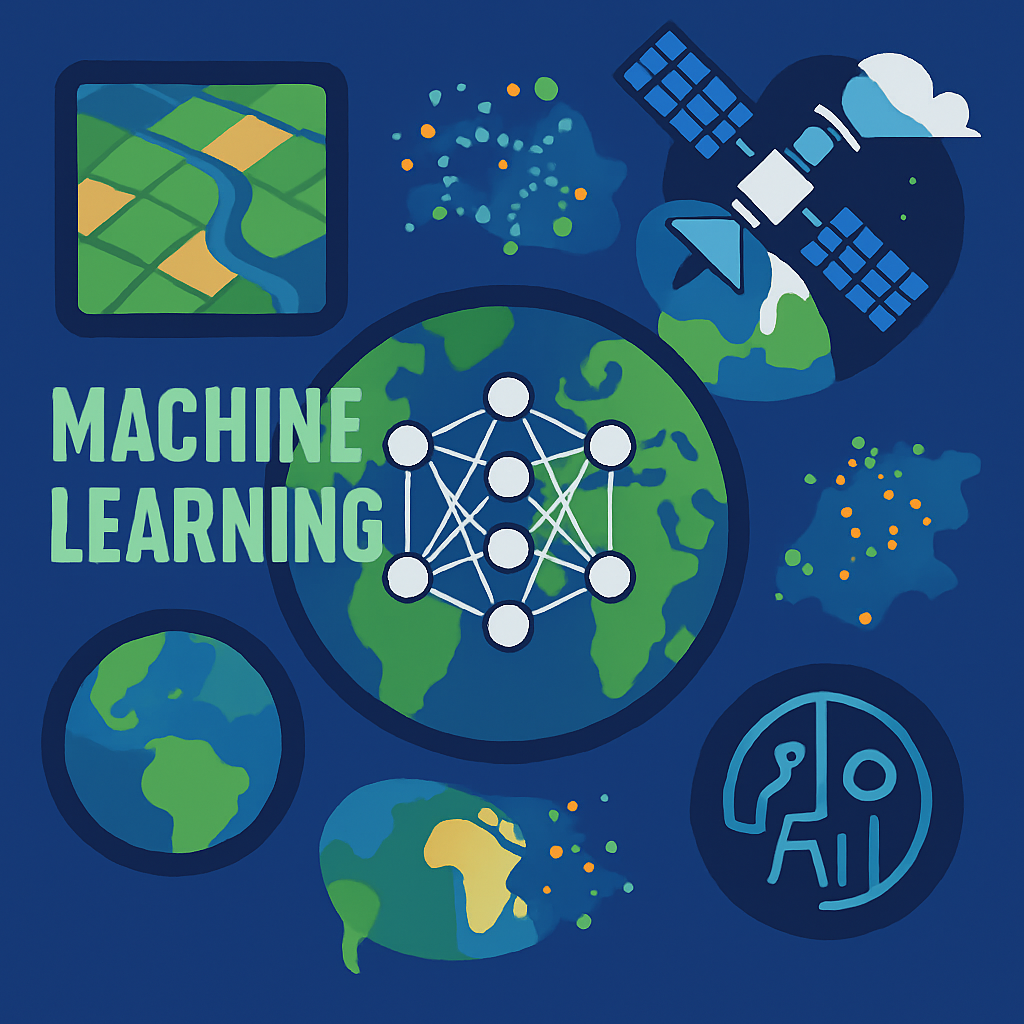
Machine Learning Applications in Geospatial Analysis
Discover how machine learning algorithms enhance geospatial analysis, from object detection to predictive modeling.
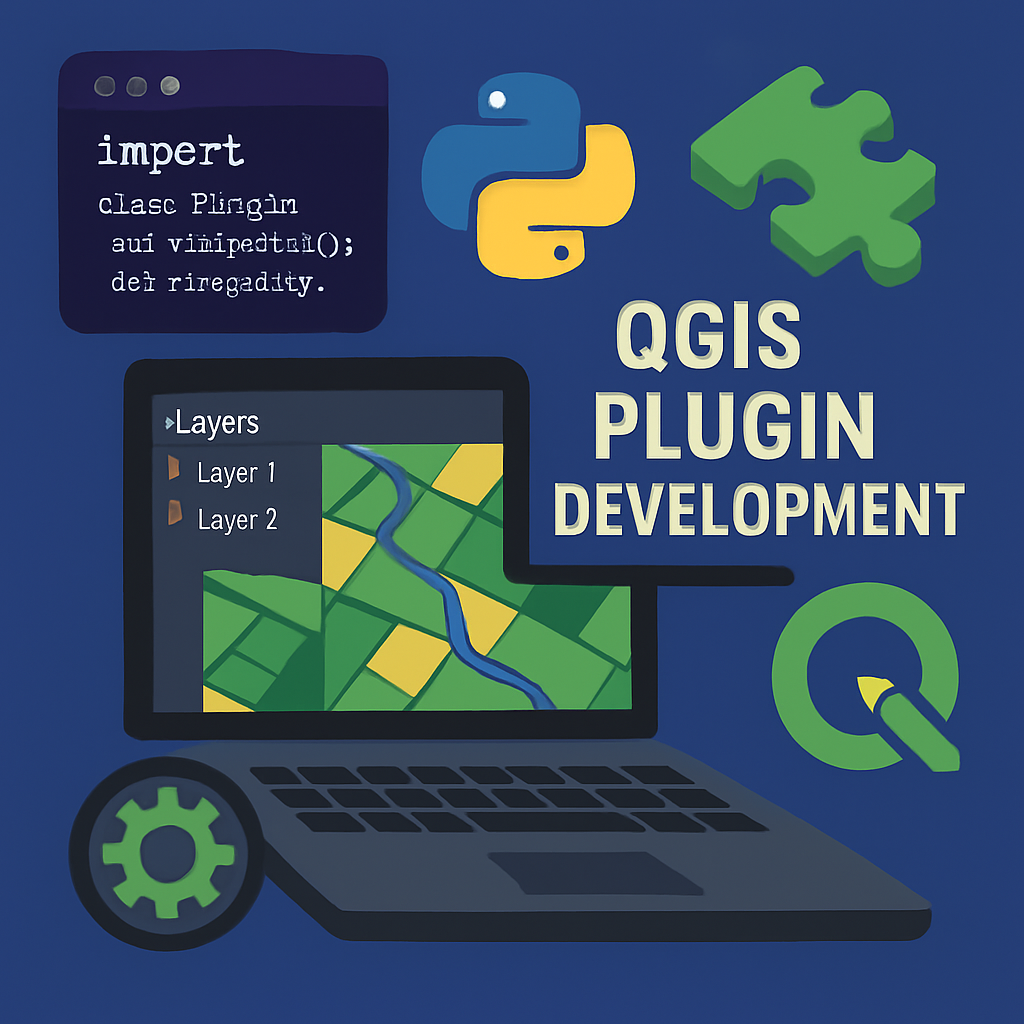
Building Professional QGIS Plugins: A Complete Guide
Step-by-step guide to developing, testing, and publishing QGIS plugins that solve real-world geospatial problems.
More Articles
Docker for GIS Development: Containerizing Geospatial Applications
Contributing to Open Source: My Journey and Lessons Learned
Remote Sensing Applications in Climate Change Monitoring
Mastering Spatial Databases with PostGIS
Python Packaging Best Practices for Geospatial Libraries
GIS Career Guidance: From Student to Professional
WebGIS Development with Modern JavaScript Frameworks
Get In Touch
Let's discuss your next GIS project or data analysis needs
Frequently Asked Questions
Why did you create this website? +
This website serves as a comprehensive showcase of my professional journey, technical skills, and open-source contributions in the geospatial and data science domains. It provides potential employers, collaborators, and the community with easy access to my work, projects, and expertise. I believe in transparency and sharing knowledge, which is why I've made my projects and learning journey accessible to everyone.
Why Astrokundali (Astrology)? +
The AstroKundali project was one of my early Python learning adventures, specifically designed to master Object-Oriented Programming concepts. It represents my willingness to explore completely different subjects and cultures. From a technical perspective, it helped me understand complex mathematical calculations, astronomical algorithms, and cultural data structures. This project demonstrates that I'm not afraid to step outside my comfort zone and learn from diverse knowledge systems.
Do you consider yourself an Astrologer? +
Absolutely not. I am a Data Scientist and GIS Engineer who developed a technical tool for generating astrological charts. My approach to the AstroKundali project was purely from a software development and cultural learning perspective. I focused on the mathematical and algorithmic aspects of chart generation rather than interpretations or predictions. I respect the cultural significance of astrology while maintaining my scientific approach to problem-solving.
Do you make fun of different cultures or astrology believers? +
Never. I have deep respect for all cultures and belief systems. Astrology, in its original form, was more about understanding personality patterns and human behavior rather than blind adherence to rituals or remedies. Many ancient civilizations used astronomical observations for practical purposes like agriculture and navigation. My project focuses on the technical and mathematical aspects of chart generation, treating it as a fascinating intersection of astronomy, mathematics, and cultural heritage. I believe in approaching different knowledge systems with curiosity and respect, not mockery.
What drives your passion for open-source contributions? +
Open-source development aligns with my belief in democratizing technology and knowledge sharing. Through my PyPI packages and QGIS plugins, I aim to solve real-world problems and make geospatial tools more accessible to researchers, students, and professionals. Each contribution represents a learning opportunity and a way to give back to the community that has supported my growth. I believe that sharing knowledge multiplies its value.
How do you balance technical innovation with cultural sensitivity? +
I approach every project with respect for the cultural context it operates in. Whether working with traditional knowledge systems like astrology or modern satellite data analysis, I maintain a learner's mindset. I focus on understanding the underlying principles, mathematical foundations, and practical applications rather than making judgments about belief systems. This approach has enriched my perspective and made me a more well-rounded developer and data scientist.
What's your approach to learning new technologies and domains? +
I believe in hands-on learning through practical projects. Whether it's mastering PySpark for satellite data processing or understanding Swiss Ephemeris for astronomical calculations, I dive deep into the subject matter. I combine theoretical knowledge with practical implementation, often creating tools or packages that solve real problems. This approach has helped me successfully transition between different domains while maintaining technical depth.
How do you ensure quality in your open-source projects? +
Quality is paramount in all my projects. I follow best practices including comprehensive documentation, unit testing, version control, and continuous integration. Each PyPI package and QGIS plugin undergoes thorough testing before release. I actively maintain my projects, respond to user feedback, and continuously improve based on real-world usage patterns. User experience and reliability are my top priorities.
What's next in your professional journey? +
I'm excited about the intersection of AI and geospatial technologies. My current focus includes developing more sophisticated satellite data processing pipelines, exploring generative AI applications in geospatial analysis, and contributing to climate change solutions through technology. I'm also working on expanding my open-source contributions and potentially pursuing research opportunities in environmental monitoring and sustainable development.
